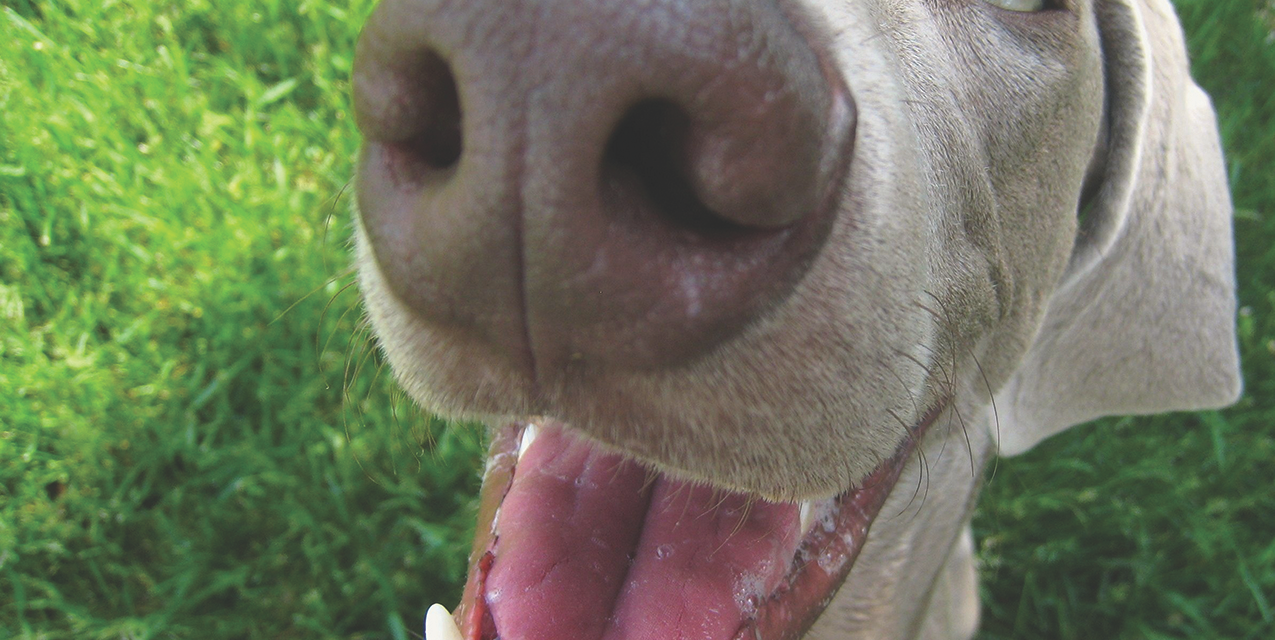Courtesy of the Niagara Frontier Veterinary Society
February is National Dental Health Awareness Month, and oral care is one of the common areas of pet health that some pet parents overlook, but it is just as important as other wellness issues. In fact, dental health is a very important part of pets’ overall health, and dental problems can cause certain issues, or can be a byproduct of other health problems.
The dentists at the Niagara Frontier Veterinary Society say understanding some of the conditions that can affect pets’ teeth and gums may compel their owners to take swift action if such issues arise.
Gum diseases. Bacterial infections of the gums and other oral tissue can cause inflammation of the gums. If periodontal disease is untreated, tooth loss can occur. Gum disease is caused by bacteria that leads to the formation of plaque at the gum line. Pet owners should be diligent in brushing their pets’ teeth to reduce bacteria. Eating crunchy foods and treats alone will not clean teeth. Veterinarians also may recommend routine dental scaling treatments, particularly for breeds that are at elevated risk for periodontal disease.
Broken teeth and roots. Broken teeth and roots are most often caused when pets bite into something that is too hard. Pet owners should employ the “fingernail test” on pet toys. In this test, one should be able to make a dent in the item with a fingernail to mark it as safe as a chew toy. Antlers, hooves, and bones may fracture teeth. Pets also should not be allowed to chomp down on ice cubes. Teeth also may become fractured through rough play, such as a tug-of-war session with a toy. Pet owners should carefully gauge the pressure at which they play such games.
Tumors. Oral tumors are abnormal growths that can form in pets’ mouths. Some tumors are benign, while others are malignant and can spread. All unusual growths should be checked out by a veterinarian. Niagara Frontier Veterinary Society says male dogs seem to be twice as likely to develop oral cancer than female dogs. Also, Akitas, Cocker Spaniels, Boxers, Dachsunds, Doberman Pinschers, Golden Retrievers, and Poodles are among the breeds that seem to be predisposed to oral cancers.
Bad breath. The most common cause of bad breath in pets is periodontal disease. Having pets’ teeth cleaned and staying current on oral hygiene can help. Additional causes of bad breath may include poor kidney or liver health, as the pet may be having issues filtering waste out of its body.
Routine vet visits can alert pet owners to potential oral health issues. Taking dental care seriously can help keep pets healthy.
The Niagara Frontier Veterinary Society (www.nfveterinarysociety.org) is comprised of more than 75 small animal hospitals and more than 225 practitioners in Erie and Niagara Counties. It exists to advance public awareness and understanding of appropriate and compassionate pet health care, veterinary services, and the veterinary profession. profession.












